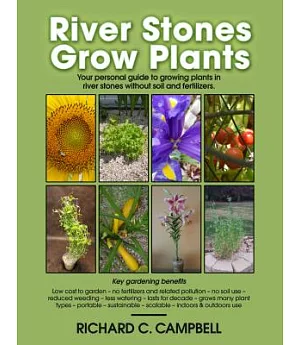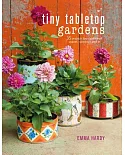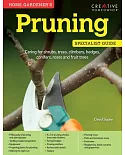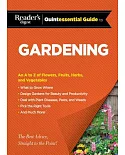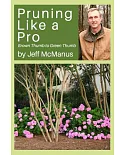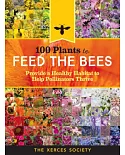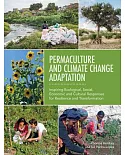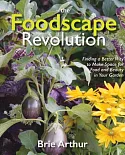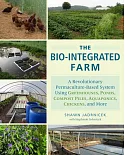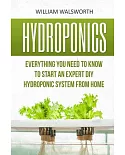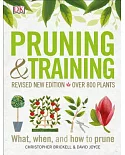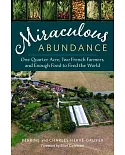River Stones Grow Plants tells the tale of the accidental scientist Richard Campbell’s 1994 encounter with his uncle, Dr. Thomas Logan, who unintentionally dropped of a few watermelon
seeds in his gravel bed designed for weed block with lawn fabric separating the soil from the gravel. The next spring a watermelon grew. The roots simply lined above the lawn fabric
under the rocks, separated completely from the soil. After years of observations, testing and research, Campbell determined that sedimentary rock is made up of the sediment of the sea, or
decayed organic life fossilized into a rock. This rock is call river rock, river stones or pea gravel. Add water to the rock in an ideal environment, drop in some seeds, and you
have a living ecosystem capable of plant production.
River Stones Grow Plants (RSGP) is Richard Campbell’s account of developing the modern-day application of geological agriculture. Campbell’s accidental discovery in the mid-1990s picks
up where scientists left off with RSGP sharing 24 years of observations, testing and refinement for contemporary society to use and leverage for life’s growing applications. Geological
agriculture is defined as the study of using river stones as the growing medium for plants absent the use of soil and fertilizers. The common term is referred to as gravel gardening.

